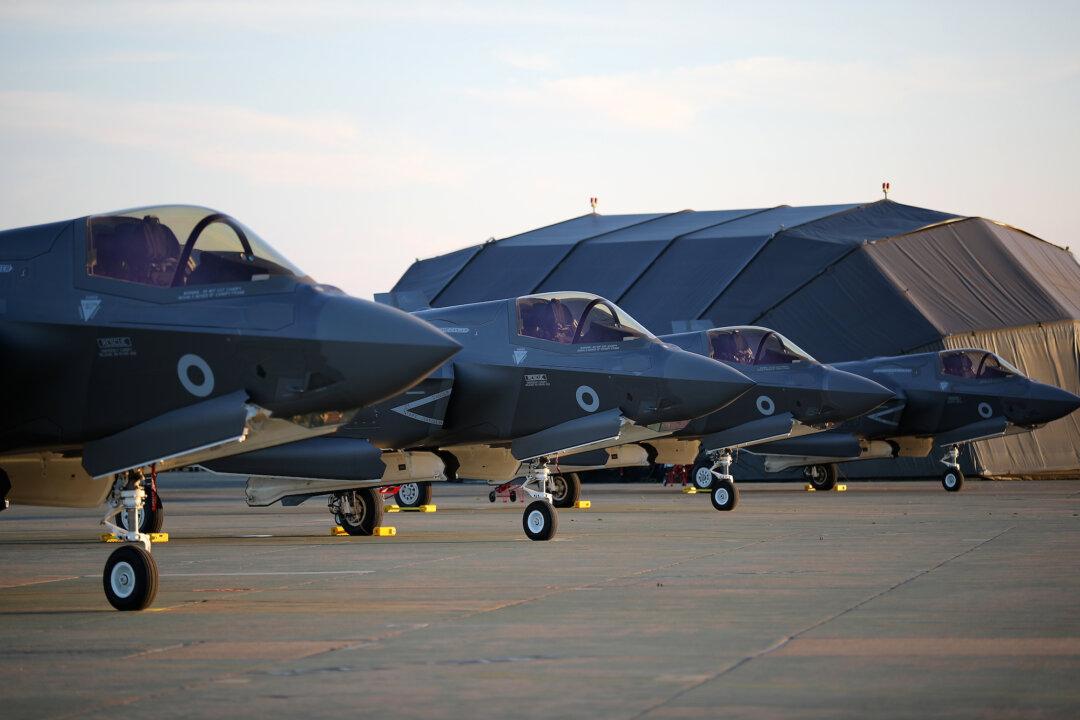A military aviation expert has told a committee of UK MPs that, in the event of a war with Russia, Britain’s three fighter jet bases would make “inviting targets.”
Justin Bronk, a senior research fellow for air power and technology at the Royal United Services Institute, said RAF Coningsby in Lincolnshire, RAF Marham in Norfolk, and RAF Lossiemouth in Fife, Scotland had “no air defences of any kind” and the planes were kept in hangars which were “easy to identify.”





